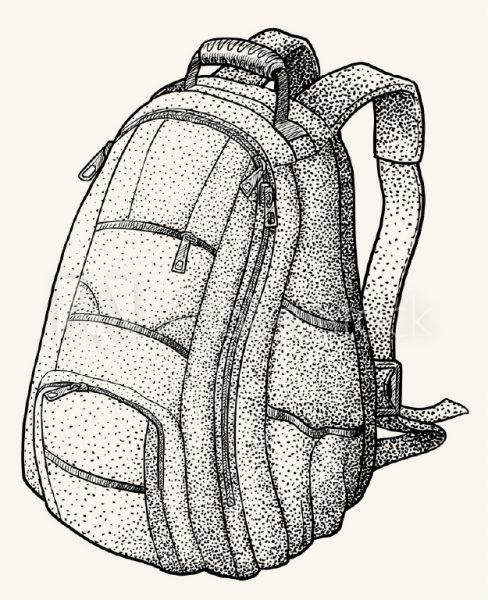“Waking up begins with saying am and now.”
The opening line of Christopher Isherwood’s 1964 novel A Single Man feels like a thoughtful and honest place for me to ground myself as the 2022-2023 project manager for Archivist in a Backpack (AiaB) in this second, post-grant phase. My name is Brianna McGruder and I come to this project as a bi-racial black female graduate assistant. I like to share these facets of my myself because they root my belief that a repository such as the Southern Historical Collection (SHC) can go beyond collecting materials that reflect oppression and the conditions engendered by that oppression. Prior to this position, I was an interviewer for the Charlotte Queer Oral History Project (CQOHP). As an interviewer, I had the pleasure of sharing time with LGBTQ+ elders and activists in Charlotte, North Carolina while preserving their multifaceted narratives. My time with CQOHP aligns with the priority in the SHC to engage in care-work via community driven archives that doesn’t always involve collecting, but instead aiding and supporting community memory keepers in their efforts to preserve and retain their own memories.
In service of transparency for new and interested community partners, I’d like to contextualize AiaB II where it presently is: within Wilson Library’s ongoing participation with reckoning. The University Libraries’ Reckoning Initiative, initiated in 2020 by former University Librarian Elaine Westbrooks, in response to the murder of George Floyd, continues to address inequality, and promote racial equity, inclusion, and antiracism via projects such as AiaB II. In a continuation of these objectives, AiaB II will continue to prioritize the documentation of historically undervalued and underrepresented populations of memory keepers.
After this introduction of myself and reflection of reckoning, I’d like to return to the am and now of the second iteration of AiaB. Listening to community partners during the first phase, AiaB II will introduce four backpack types: oral history preservation, physical space mapping, artifact care, and archives care. Click on the links to learn more about these kits and how your community can request one.

